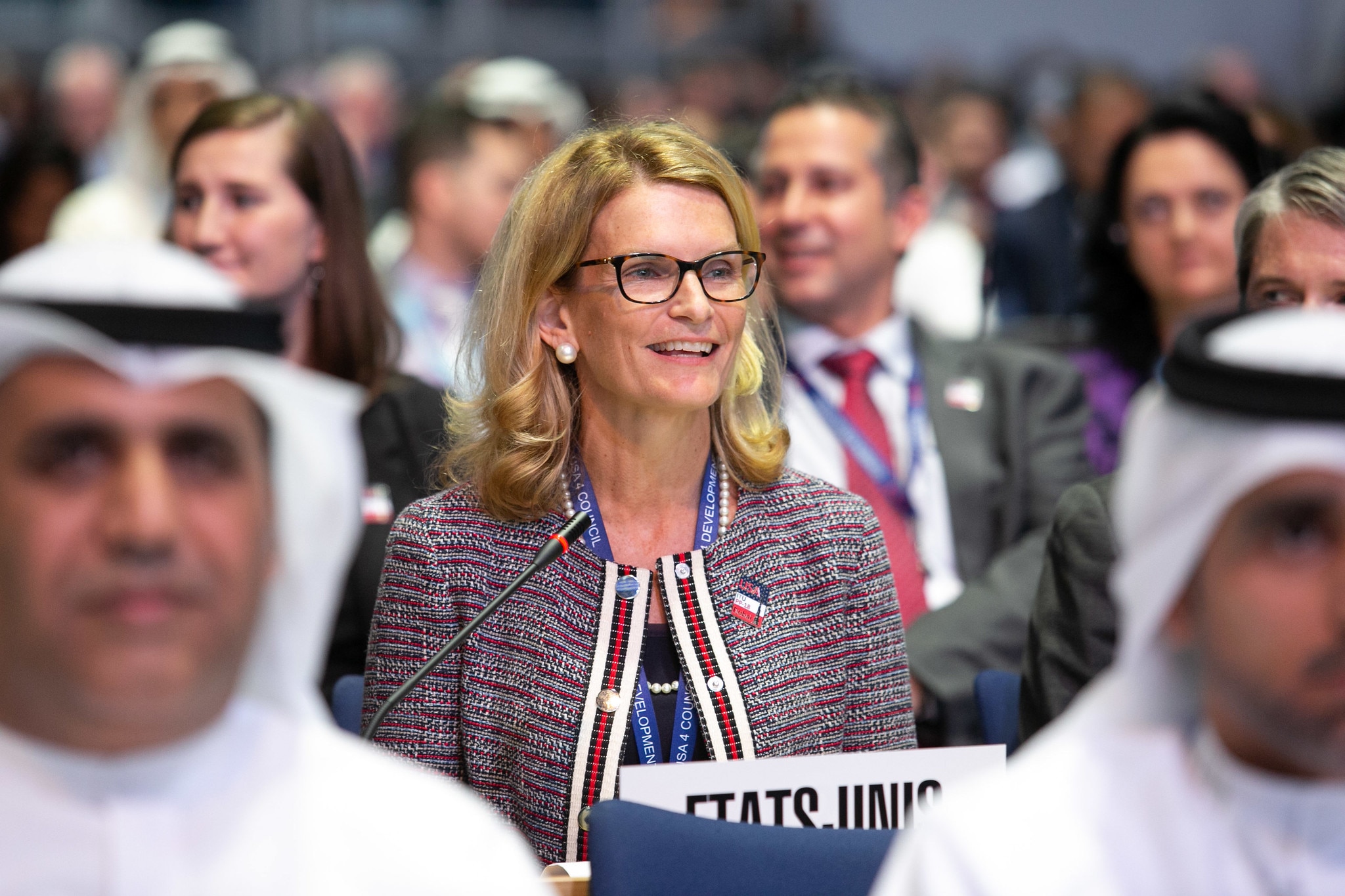A little-known U.N. agency that develops worldwide technical standards for the internet will gain unfamiliar geopolitical attention as scientists, engineers, and government officials descend on Bucharest, Romania, this week.
On Thursday, governments will elect the International Telecommunication Union (ITU)’s next secretary-general, determining the future of the world’s oldest U.N. body—and possibly the internet itself. For the first time in years, the U.S. is running its own candidate, Doreen Bogdan-Martin, against Russia’s Rashid Ismailov, a former Russian government telecom minister and Huawei vice president. At stake is the internet’s future: whether it will continue to be an open, multistakeholder resource to the world, or become developed and controlled by nations and their leaders.
Two very deliberate design choices have characterized the internet’s development and use: openness and interoperability. A defining feature of the internet is that whether you log on in California or Kolkata, everyone logs on to the same internet—the same interconnected network of bits and bytes, allowing the free flow of messages, memes, and memos. But this interconnection is not an inevitability. As the technical dimensions of new generations of the internet get meted out on an international level, Russia and China are seeking to upend the internet’s very structure and design, putting governments—not users—in the driver’s seat.


